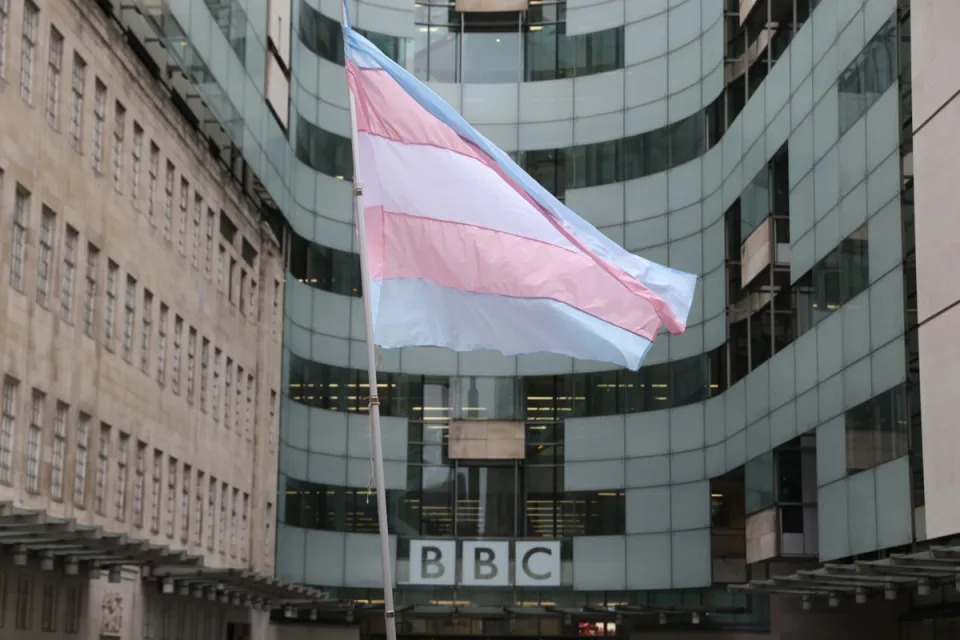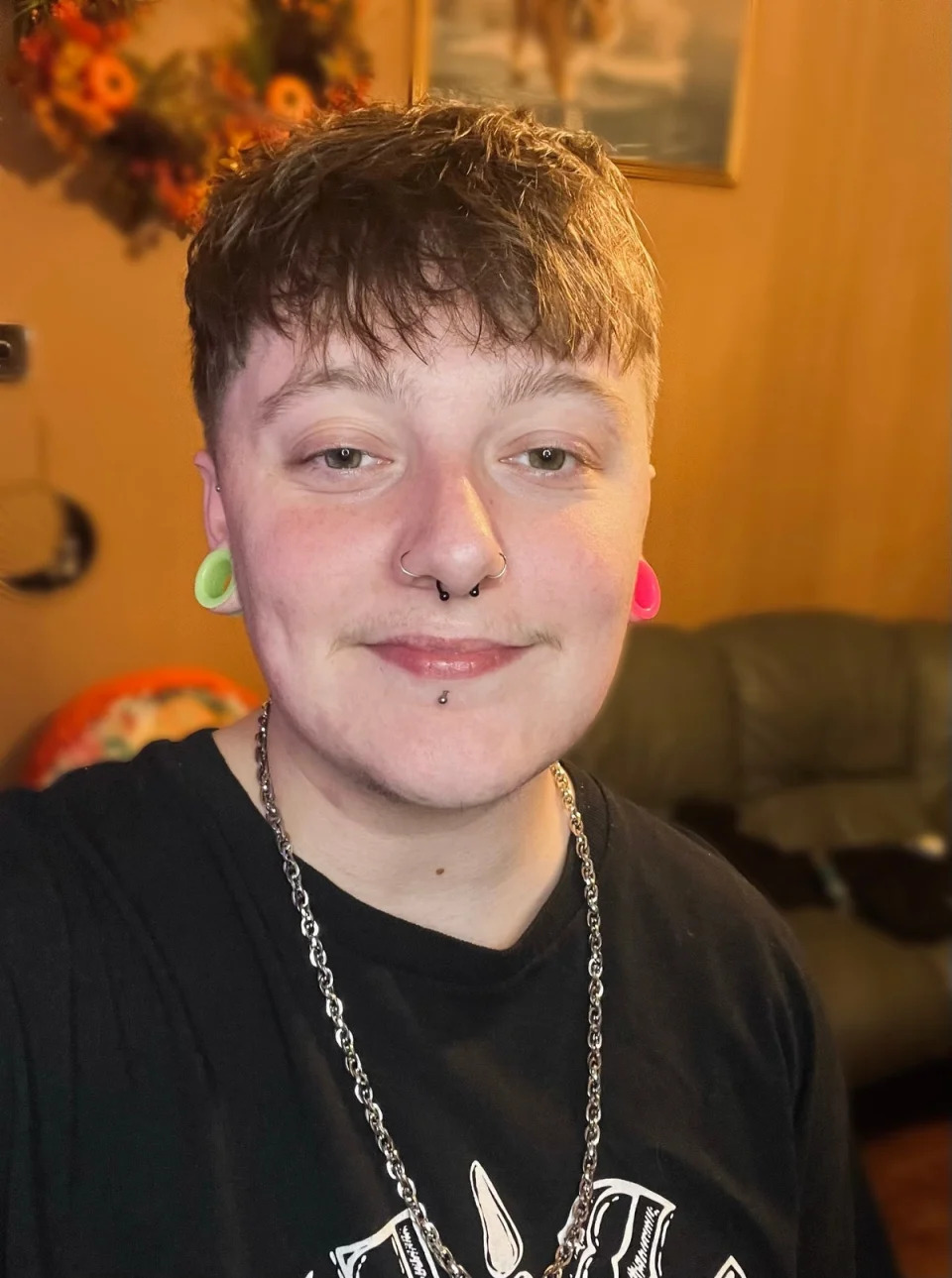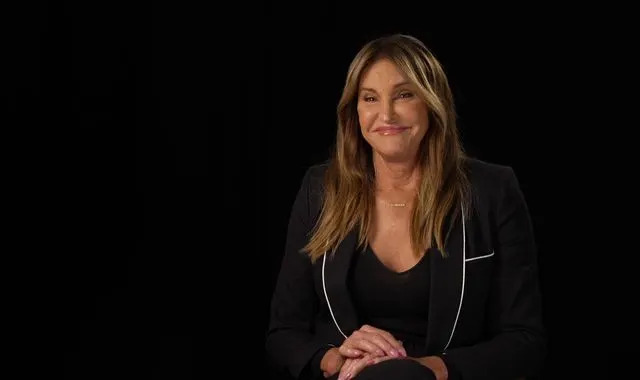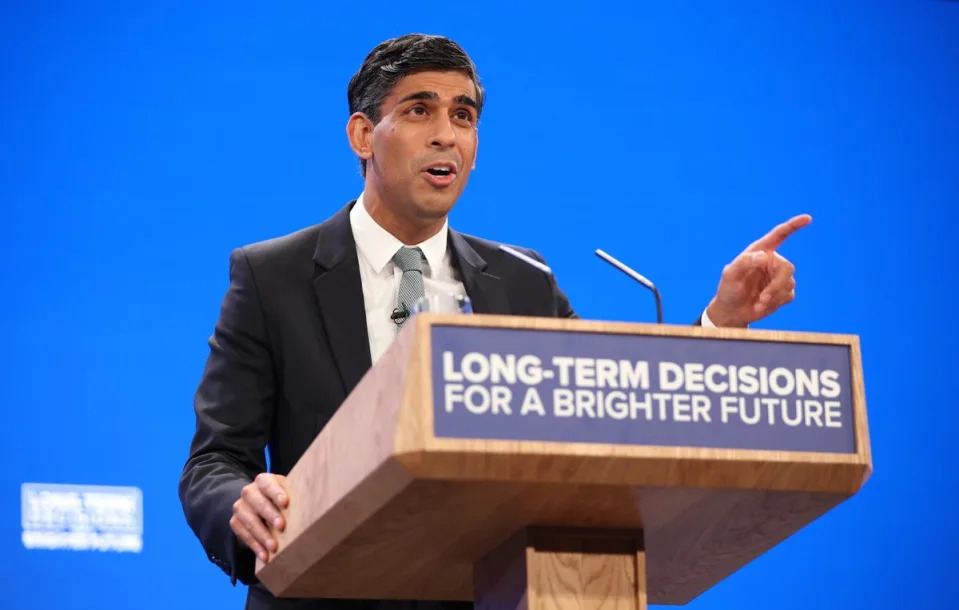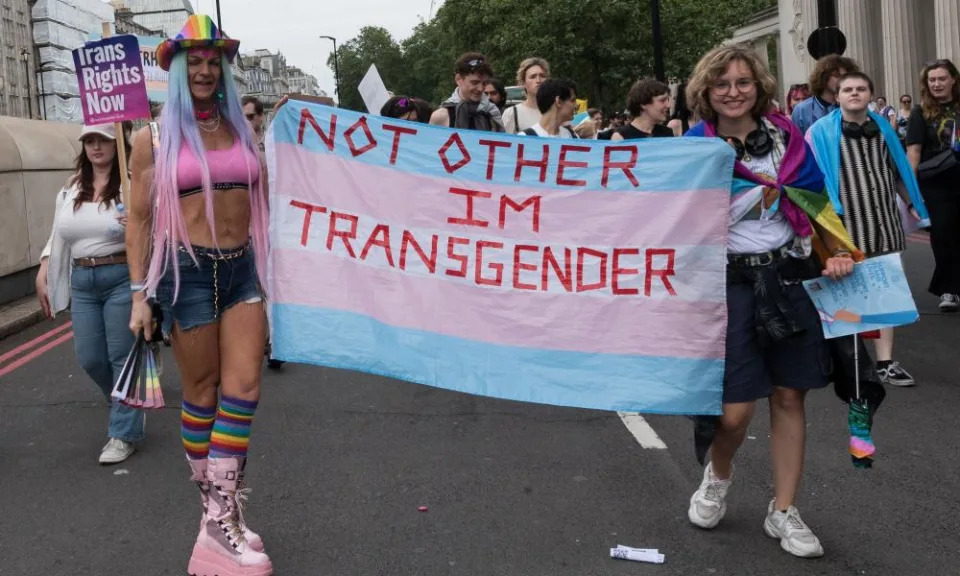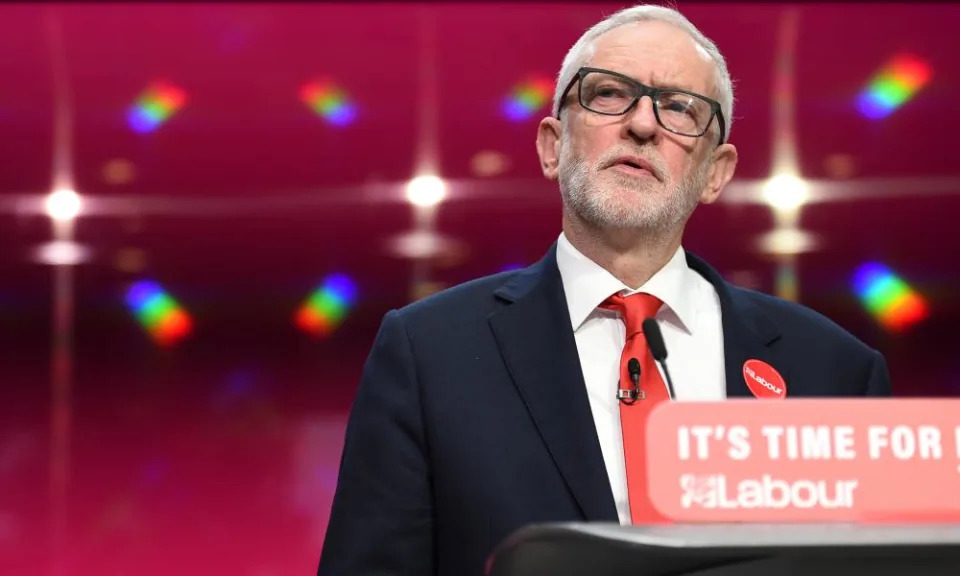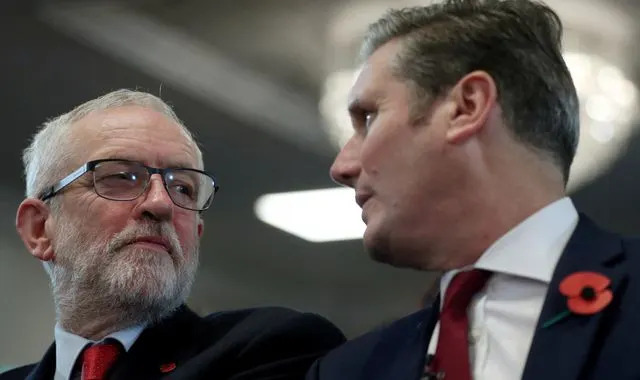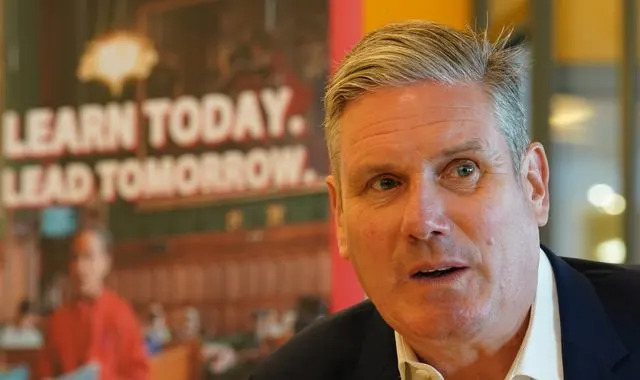Ross Hunter
Thu, 5 October 2023

The explosive device was found in a cardboard in Princes Street Gardens in 2018
AN eco-terrorist who was radicalised on online forums and then planted a potentially explosive device in one of Edinburgh’s tourist hotspots has been jailed for more than eight years.
Nikolaos Karvounakis was handed an eight-year and four-month prison term at the High Court in Edinburgh on Wednesday after planting the explosive in Princes Street Gardens on January 11, 2018.
It was found by members of the public inside a cardboard box which had been left in a shelter.
Lord Braid said the device had a chance of detonating despite being wired in a way as to not explode when opened.
Inside the box was a pipe containing 58 nails, 27 of which were cut in half.
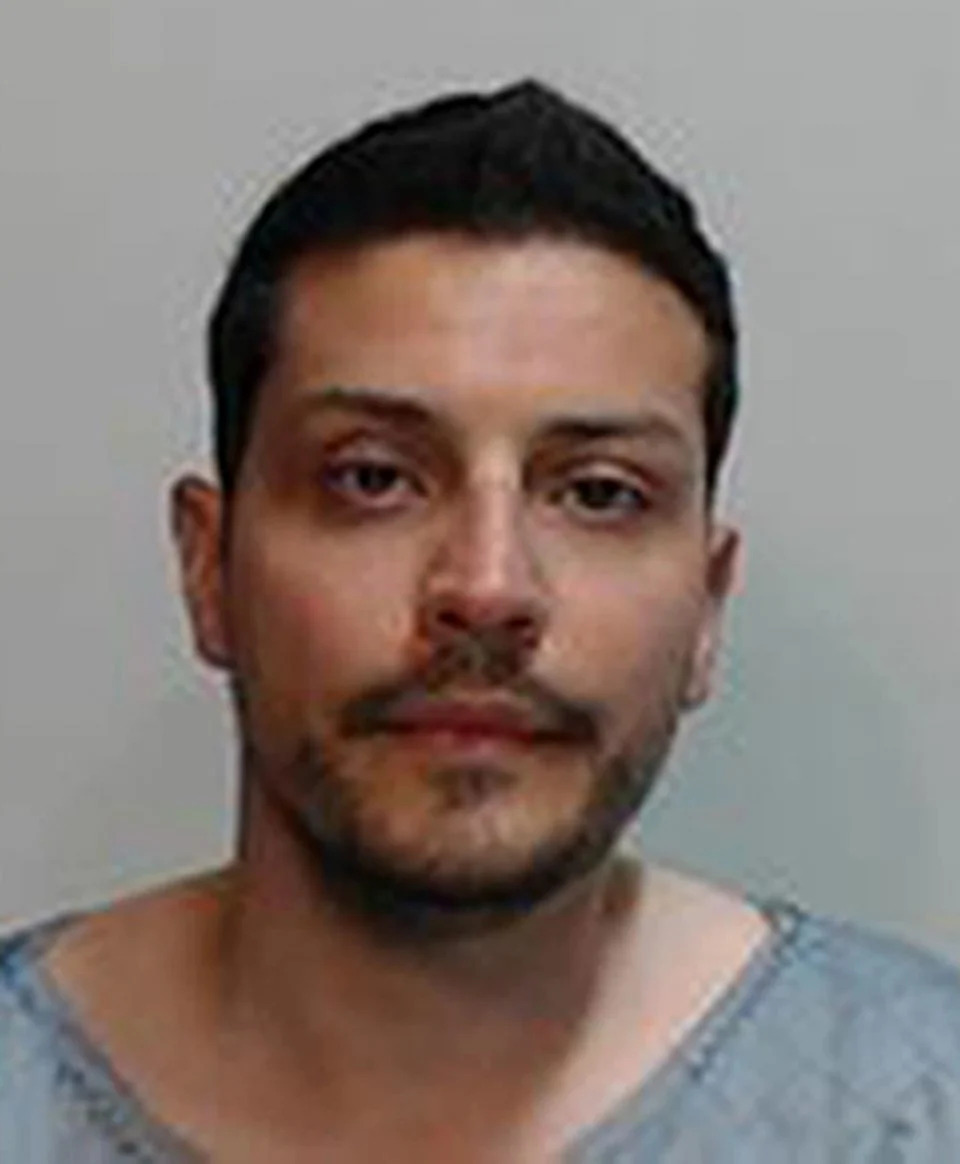
The National: Nikolaos Karvounakis was handed an eight-year and four-month prison term at the High Court in Edinburgh
Karvounakis was acting on behalf of the International Terrorist Mafia – a Mexican eco-terror group – which the court was told he has now distanced himself from.
COMPLETELY PHONEY GROUP- I MEAN REALLY, ROFLMAO
The court heard he will “regret” his actions for the rest of his life.
During the 22-minute hearing, Lord Braid said had the device exploded “serious injuries could have been caused to multiple victims”.
When discovered, the device caused huge disruption in the city centre as emergency services rushed to seal off the scene.
The 35-year-old, who was present in court, admitted making and planting the device at a hearing earlier this year. He was told had he not pleaded guilty, he would have faced a decade behind bars.
About a month after the device was found, Karvounakis contacted a newspaper journalist, sending a photo of it and describing himself as a “lover of nihilist, anti-political violence”.
An earlier hearing was told detectives had discovered he bought the parts used in the device from DIY stores and over the internet, and that he closely followed an instructional video to construct it.
The court was told the fuse was not connected, but Lord Braid said the device could have been viable with the potential introduction of a hot filament.
Counter-terror police eventually arrested Karvounakis on June 15, 2021 at North Bridge in Edinburgh.
In mitigation, John Scullion QC stressed the device was not intended to detonate.
Scullion told the court: “The accused accepts full responsibility for his actions. He regrets what he did and will regret it for the rest of his life.”
He added his client was “anxious to stress” he has changed since the offence and is “not the same person he was in 2018”.
At the time, the court was told, Karvounakis was experiencing a “difficult period in his personal life” and had “struggled with anxiety and low self-esteem”.
The lawyer said Karvounakis had spent “increasing time on forums, eventually speaking to people with extreme views” that he would then go on to gain approval from.
Passing sentence, Lord Braid said the eight-year, four-month term would be backdated to August 2 2021, and the former Greek serviceman would be on the counter-terror list for the next 15 years.
Council staff who responded to the discovery of the device found a black pipe, wiring and battery taped to the inside of the box. They called police who sealed off the area and a controlled explosion took place.
Stephen McGowan, of the Crown Office and Procurator Fiscal Service, said: “If this device had detonated, serious harm could have been done. Nikolaos Karvounakis put members of the public in danger through his reckless actions and this was wholly unacceptable.
“COPFS has a duty to keep the people of Scotland safe and we are committed to working with other agencies to ensure those committing offences under the terrorism legislation are brought to justice.”
Detective Chief Superintendent Stuart Houston, the head of Police Scotland’s counter-terrorism unit, said: “The sentencing of Nikolaos Karvounakis is the culmination of a four-year investigation.
“Police Scotland counter-terrorism investigators worked with colleagues both in the UK and Europe, and the subsequent conviction and sentencing is testament to the dedication of law enforcement and partners that they were able to piece together the actions of this individual.
“His sentencing today highlights the continuous collaborative work being undertaken by Police Scotland, prosecutors and other key partners to keep our communities safe from the threat of terrorism, which won’t be tolerated in civilised society.
“We will continue our partnership work to identify and protect anyone who feels vulnerable to being influenced into carrying out these types of offences.”
All charges against Artemis Parissi, 32, of Edinburgh, in the case were dropped by the Crown Office.
The court heard he will “regret” his actions for the rest of his life.
During the 22-minute hearing, Lord Braid said had the device exploded “serious injuries could have been caused to multiple victims”.
When discovered, the device caused huge disruption in the city centre as emergency services rushed to seal off the scene.
The 35-year-old, who was present in court, admitted making and planting the device at a hearing earlier this year. He was told had he not pleaded guilty, he would have faced a decade behind bars.
About a month after the device was found, Karvounakis contacted a newspaper journalist, sending a photo of it and describing himself as a “lover of nihilist, anti-political violence”.
An earlier hearing was told detectives had discovered he bought the parts used in the device from DIY stores and over the internet, and that he closely followed an instructional video to construct it.
The court was told the fuse was not connected, but Lord Braid said the device could have been viable with the potential introduction of a hot filament.
Counter-terror police eventually arrested Karvounakis on June 15, 2021 at North Bridge in Edinburgh.
In mitigation, John Scullion QC stressed the device was not intended to detonate.
Scullion told the court: “The accused accepts full responsibility for his actions. He regrets what he did and will regret it for the rest of his life.”
He added his client was “anxious to stress” he has changed since the offence and is “not the same person he was in 2018”.
At the time, the court was told, Karvounakis was experiencing a “difficult period in his personal life” and had “struggled with anxiety and low self-esteem”.
The lawyer said Karvounakis had spent “increasing time on forums, eventually speaking to people with extreme views” that he would then go on to gain approval from.
Passing sentence, Lord Braid said the eight-year, four-month term would be backdated to August 2 2021, and the former Greek serviceman would be on the counter-terror list for the next 15 years.
Council staff who responded to the discovery of the device found a black pipe, wiring and battery taped to the inside of the box. They called police who sealed off the area and a controlled explosion took place.
Stephen McGowan, of the Crown Office and Procurator Fiscal Service, said: “If this device had detonated, serious harm could have been done. Nikolaos Karvounakis put members of the public in danger through his reckless actions and this was wholly unacceptable.
“COPFS has a duty to keep the people of Scotland safe and we are committed to working with other agencies to ensure those committing offences under the terrorism legislation are brought to justice.”
Detective Chief Superintendent Stuart Houston, the head of Police Scotland’s counter-terrorism unit, said: “The sentencing of Nikolaos Karvounakis is the culmination of a four-year investigation.
“Police Scotland counter-terrorism investigators worked with colleagues both in the UK and Europe, and the subsequent conviction and sentencing is testament to the dedication of law enforcement and partners that they were able to piece together the actions of this individual.
“His sentencing today highlights the continuous collaborative work being undertaken by Police Scotland, prosecutors and other key partners to keep our communities safe from the threat of terrorism, which won’t be tolerated in civilised society.
“We will continue our partnership work to identify and protect anyone who feels vulnerable to being influenced into carrying out these types of offences.”
All charges against Artemis Parissi, 32, of Edinburgh, in the case were dropped by the Crown Office.

